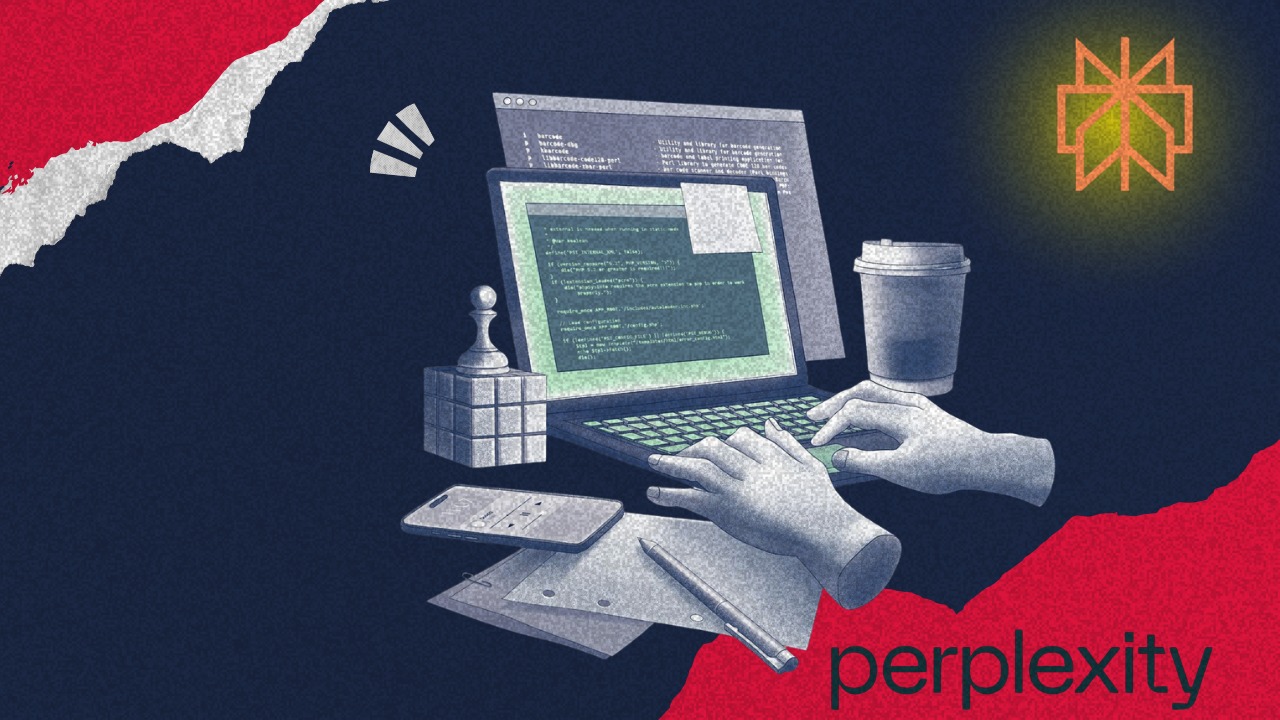
Welcome, Humans!
Ready for your daily dose of AI chaos? I’ve rounded up Today’s Top AI Headlines for those who like to stay ahead – and for the curious, I’ve got some eyebrow-raising stories Beyond the Headlines. Let’s dive in.
In a Nutshell:
Adobe Acrobat Studio AI for smarter PDF management
DeepSeek V3.1 Open-source model takes on industry giants
Meta AI Instant translations for global creators
Americans’ AI Anxiety 71% fear AI job displacement
Microsoft Warns Beware of ‘seemingly conscious’ AI
🚀Today’s Top AI Headlines:

Adobe Launches Acrobat Studio for AI-Powered PDF Management: Adobe has introduced Acrobat Studio, a new AI-powered platform that combines the strengths of Acrobat, Adobe Express, and artificial intelligence to revolutionize how users interact with PDFs. One of its standout features is “PDF Spaces,” which allows users to organize, summarize, and even chat with collections of documents. Instead of manually combing through lengthy PDFs, professionals, students, and everyday users can now ask AI-driven assistants to extract key details, provide concise summaries, or explain complex sections.
The integration with Adobe Express also enhances productivity by enabling users to create, edit, and share visually rich outputs directly from PDF content. For organizations, this tool means faster document analysis and simplified collaboration workflows. Students benefit from quick summaries of research papers or textbooks, while businesses can streamline reporting and contract reviews. Adobe says Acrobat Studio represents its broader vision to embed AI across its suite of tools, continuing its dominance in creative and productivity software. Analysts suggest that by merging AI assistants with established applications like Acrobat, Adobe is positioning itself to compete with emerging AI-native productivity tools, ensuring that its PDF ecosystem remains the industry standard.
Source: Adobe🤖 Robi: “Forget flipping through pages. Just let the AI do the heavy lifting. You know, like the intern who doesn’t complain.”
DeepSeek Unveils V3.1 Model Surpassing Competitors: DeepSeek has launched its V3.1 model, a large-scale language system boasting 685 billion parameters, making it one of the most powerful open-source models to date. According to benchmark tests, V3.1 matches or even surpasses OpenAI and Anthropic’s top-tier models in coding tasks, while offering a massive cost advantage. Each coding task processed by V3.1 is estimated at just $1.01, significantly undercutting the cost of closed commercial systems.
The model’s efficiency and affordability highlight DeepSeek’s strategy of democratizing access to cutting-edge AI through open-source releases. Developers can now leverage a high-performance system for complex programming tasks without the prohibitive costs associated with proprietary tools. Its training emphasizes code generation, reasoning, and long-context comprehension, making it particularly useful for developers, startups, and researchers with limited budgets. By offering near state-of-the-art performance at a fraction of the price, DeepSeek’s V3.1 could reshape competition in the AI landscape. Analysts believe its launch strengthens the open-source ecosystem and provides a viable alternative for enterprises hesitant to commit to expensive, closed AI providers. The release underscores the growing momentum of open models challenging big tech’s dominance.
Source: BloomBerg🤖 Robi: “DeepSeek’s V3.1 is like getting a Ferrari for the price of a used bicycle. Take that, Big Tech.”
Meta Rolls Out AI-Powered Translations Globally: Meta has expanded its AI-powered translation tools to creators around the world, starting with English and Spanish. This rollout is aimed at helping creators reach broader audiences by automatically translating their content in real time, reducing language barriers on global platforms.
For creators, the new feature means videos, posts, and interactive media can be more accessible without requiring additional tools or manual translation. By embedding AI-powered translations directly into its ecosystem, Meta is also boosting engagement across markets, particularly in regions where multilingual audiences interact frequently.
Analysts view the move as a strategic effort to strengthen Meta’s creator economy, giving individuals the ability to grow their reach and monetize content more effectively. Future expansions are expected to cover more languages, further cementing Meta’s position as a platform for global connectivity.
Source: TechCrunch
🤖 Robi: “Meta’s on a mission to make the world smaller, one translated meme at a time.”
🔍Beyond the Headlines:
US Americans Fear AI Job Losses: A Reuters/Ipsos poll revealed that 71% of Americans are concerned AI will permanently replace human workers. Worries extend beyond employment into military use and political influence. The findings reflect growing unease about AI’s long-term impact on society. While many acknowledge AI’s productivity benefits, fear of job displacement continues to dominate the public conversation. Policymakers face pressure to implement safeguards.
Source: Reuters🤖 Robi: “So, 71% of Americans think AI will replace them. What’s the other 29%? Optimists or those who think AI can’t handle Zoom calls?”
Microsoft AI Chief Warns on ‘Seemingly Conscious’ AI: Mustafa Suleyman, Microsoft’s AI CEO, has warned about the dangers of AI systems that appear “seemingly conscious.” He cautioned that such behavior could create public misconceptions and fuel societal risks, including calls for AI rights advocacy. Suleyman stressed that while these systems are not truly sentient, their ability to mimic consciousness could confuse users and accelerate ethical dilemmas.
Source: NTN🤖 Robi: “Wait, so AI that acts conscious isn’t actually conscious? Don’t worry, folks, Robi’s still in charge of the existential crises around here.”
🤖Prompt of the Day:
Crisis Communication Playbook
Prompt: You are a communications strategist specializing in managing brand reputation during crises. Your task is to develop a crisis communication framework for a [business type or niche] operating in [industry] to protect trust during unexpected events.
Your framework should include: (1) identification of potential crisis scenarios, (2) creation of response protocols for different severity levels, (3) designation of spokespersons and approval workflows, (4) use of multiple communication channels, (5) post-crisis analysis and learning, and (6) metrics such as sentiment change, media coverage tone, and stakeholder trust recovery. The framework must be actionable under tight deadlines.
🤖AI Tools You Didn’t Know You Needed:
Problem: Creating engaging short-form videos for platforms like TikTok and Instagram can be time-consuming and requires advanced editing skills.
AI Solution: AI-powered platforms automate video creation by transforming product details into polished, ready-to-publish content using proven viral formulas.
AI Tool: ViReel.ai is an AI-driven platform that simplifies short-form video creation for social media by automating the process from product input to final video output.
Helpful Features
Automated Video Creation: Transforms product details into videos.
Viral Templates: Utilizes proven formulas for engagement.
Multi-Platform Support: Optimized for TikTok and Instagram.
User-Friendly Interface: No advanced editing skills required.

⚡ Robi’s Hot Take on X






